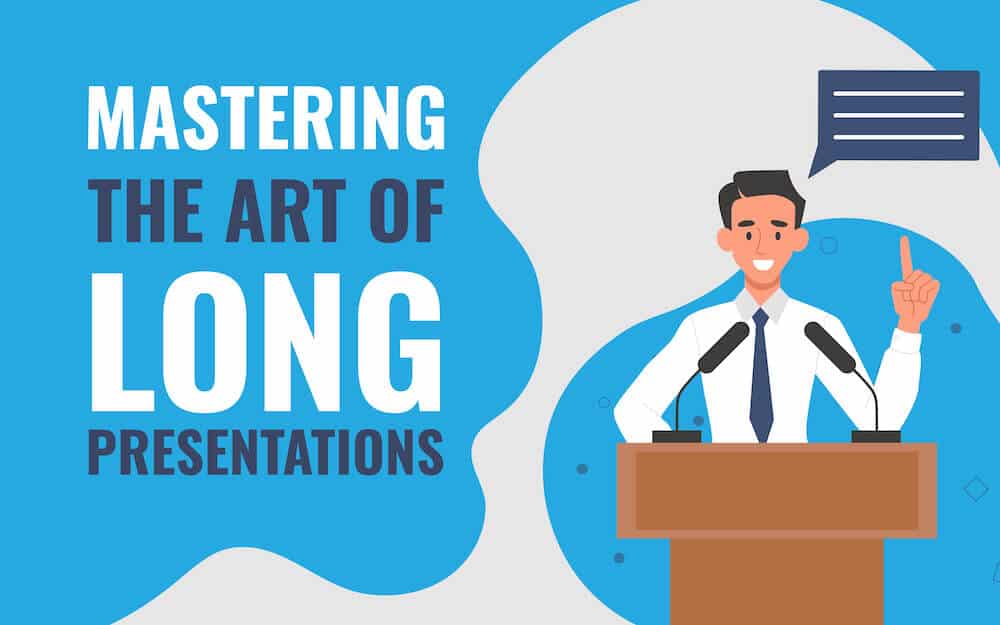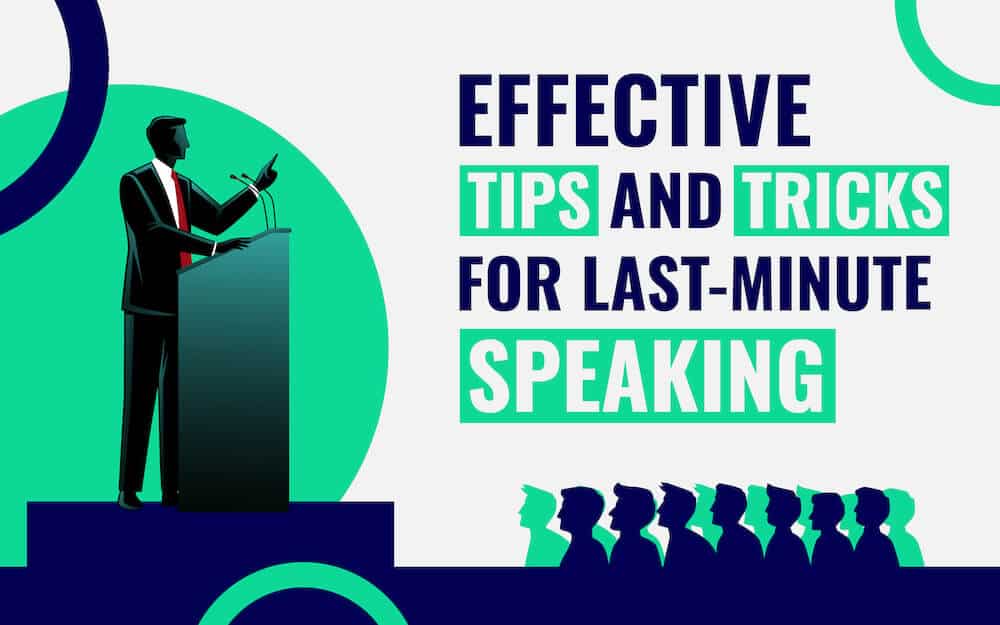
The impact of a great speech can be jeopardized by bad presentation skills. Habits developed since pre-school days can stay with you and undermine you to your audience.
Here are 10 of the most common bad habits to avoid:
Bad Habit No. 1: Failing to put your remarks in context
Suppose you are listening to someone explain a technical subject like how many widgets had to be placed across the front of a structure to achieve a certain look and you are having trouble picturing the result.
If they suddenly explained: “putting that in context to this stage I am standing on, that would be the equivalent of placing 23 Oreo cookies at six-inch intervals across the entire width of it,” you could visualize the project right away.
Develop the habit of taking every complicated concept and breaking it down into colorful imagery using everyday items for a context that everyone can comprehend.
Bad Habit No. 2: Opening your remarks with an apology
You walk hesitantly to the podium and tell your audience first thing that you are not much of a public speaker and you hope they will bear with you. Or you tell them you will do your best but you are filling in at the last minute, or you have a bad cold, or your airline lost your luggage that contained your notes so you are going to do your best anyhow.
You think these things will buy you the good grace of the customers (your audience) and generate some sympathy for you.
Maybe your grandmother cares, but nobody who took time out of their busy day to listen to you is impressed. They promptly think: “thanks for the heads up. I can sleep or text or take a break through this one.”
Instead, soldier on with confidence. If the story of your trauma leaks out later (and not from you), you look even more like a pro.
Bad Habit No. 3: Speaking behind barriers
So what if everyone else speaks behind the podium or sitting behind a table. Arrange in advance that your microphone can be mobile and get up and step in front of your audience to talk to them directly.
Even better, if you can speak coherently without notes out there, you impress everyone.
Bad Habit No 4: Begging for more time to get your point across
Never, ever get up to give a speech whose main point can’t be summarized in two minutes. All the rest should merely be sub-points and stories. Using that strategy, if your time is cut short for any reason at all, you can just drop a few stories, eliminate a sub-point or two, and still have a polished presentation on schedule.
Asking for more time is like asking hot, tired tourists sitting in a bus in the blistering sun to wait 10 minutes so you can sit in the shade and finish your beer. How do think they will like you when you are finally done?
Bad Habit No. 5: Easing off on your standards because none of the other speakers are any good either
You are the fifth of five speakers, and all the previous four have been totally amateurish. You think you might as well relax, sit behind the table and lower your standards to fit in. Don’t.
Stick to your high standards and make an excellent delivery. You will be the one who walks away with the customers who will recognize your professionalism.
Bad Habit No 6: Punctuating all sentences with “um,” “oh” or “you know.”
Um, enough said about that, you know.
Bad Habit No. 7: Talking faster and speeding up your slides because time is running out
The faster you go, the less people will understand. The faster you show your slides, the more the audience thinks about what’s for lunch. Better you should just stop the slides and say “we have only two minutes left, so I want to talk directly to you without additional technology aides because I am passionate about my message and want you to be clear about it as you walk away.” They will be alerted.
Then dive right into the two-minute core of your speech, add an example or two if there is time, and wrap it up like you planned it that way.
Bad Habit No. 8: Never read from your slides
It is an insult and a waste of time. Your audience can read. If they can’t, you shouldn’t have been showing them in the first place.
Bad Habit No 9: Never clench your hands into a fist
No matter how hard you want to stress the point, stick to persuasion with an open hand, not a signal of force.
Bad Habit No. 10: Don’t fidget
Fidgeting is something little children do during concerts in kindergarten. You need to be past all that now. Never fidget at the podium. Do not touch your hair, your necktie or jewelry, or your wristwatch or even your speech. It is painful and distracting to watch.




Another bad habit it lack of parallel structure. Your last three habits should read:
8) Reading from your slides
9) Clenching your hands into a fist
10) Fidgeting